Our Stories
Recent Articles
Doing Good
Surviving to Thriving
Having a purpose, even amid profound grief, often sustains people who have experienced unspeakable losses. One AOC employee has found such a purpose, and with it hope and a drive to help others struggling with mental health challenges.
Doing Good
Capitol Visitor Center Employees Find Ways To Give
The coronavirus inspired many of us to wonder what, if anything, we could do to help when it seemed the needs around us were overwhelming.
Doing Good
U.S. Botanic Garden Helps Veterans with Urban Farming
Armed to Urban Farm is a new program presented by the U.S. Botanic Garden and the National Center for Appropriate Technology to teach veterans about urban farming careers.
Doing Good
Serving with Encouragement
Although the sign on LaTisha Williams' desk reads, "Solutions Please," it could just as easily say, "Find Encouragement Here." With a ready smile that radiates warmth, Williams is always quick to s
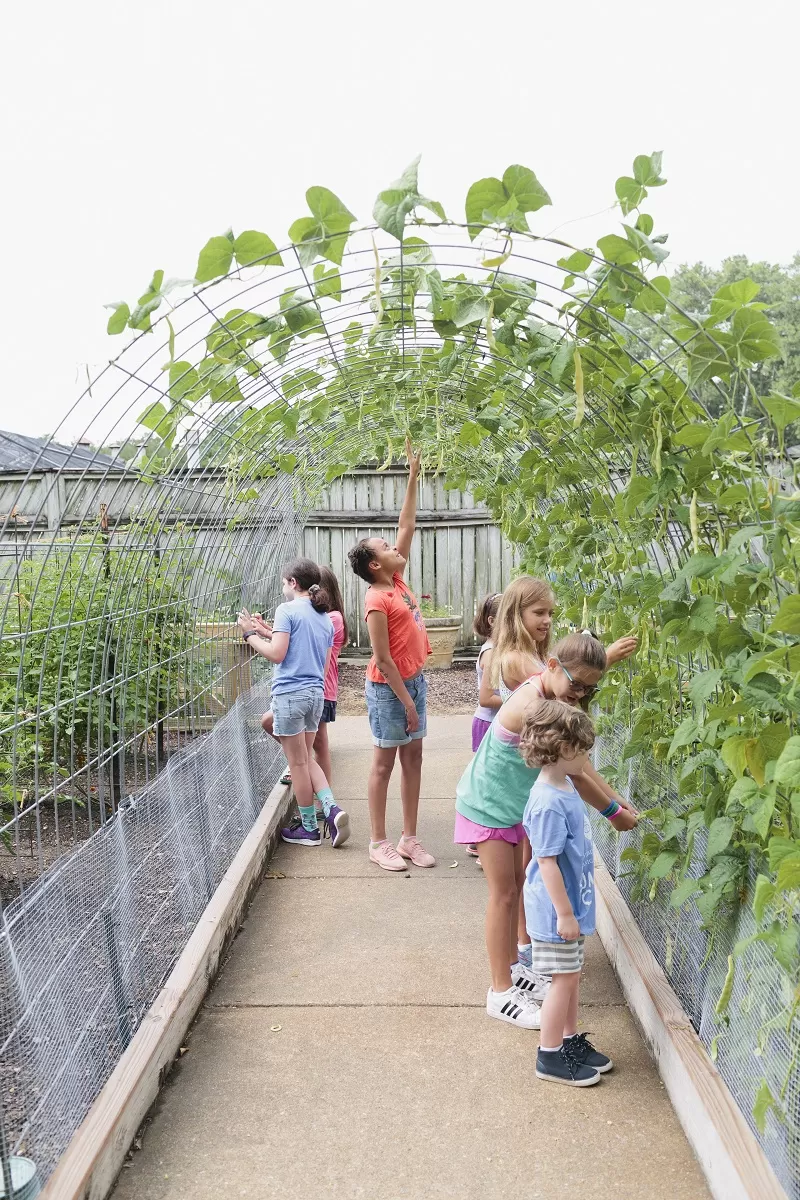
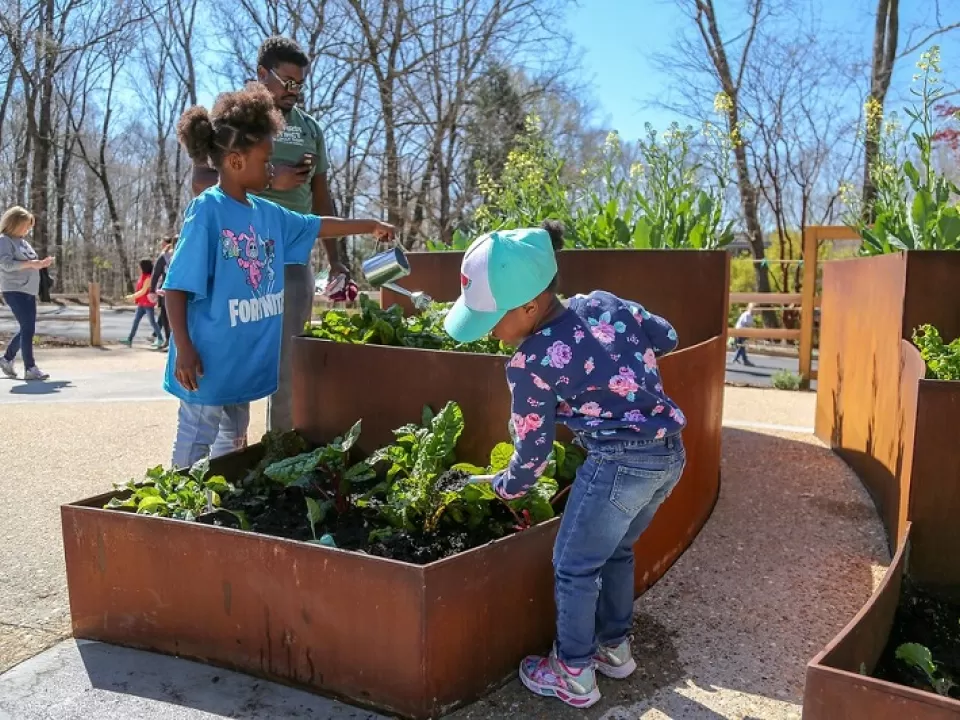
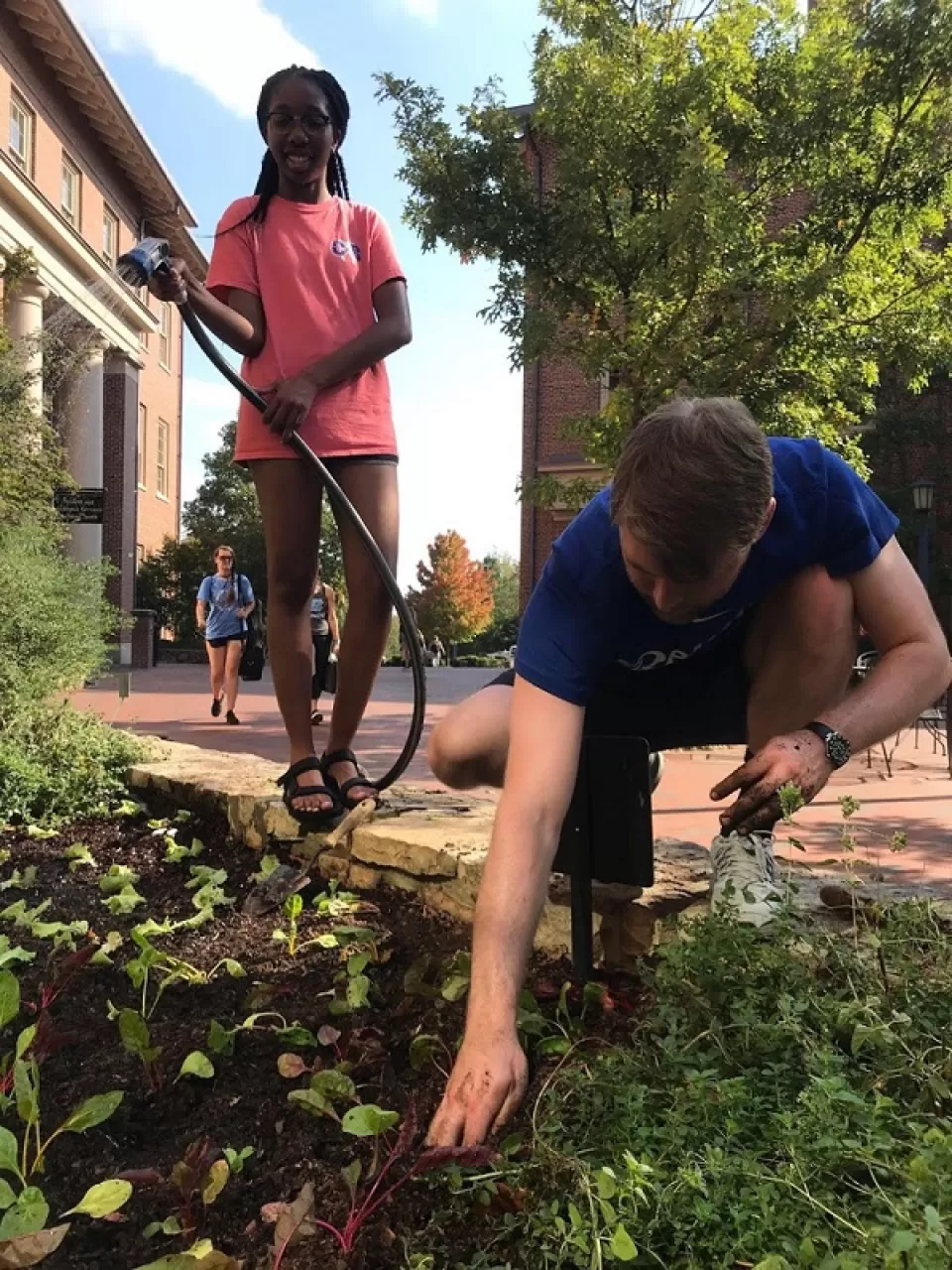
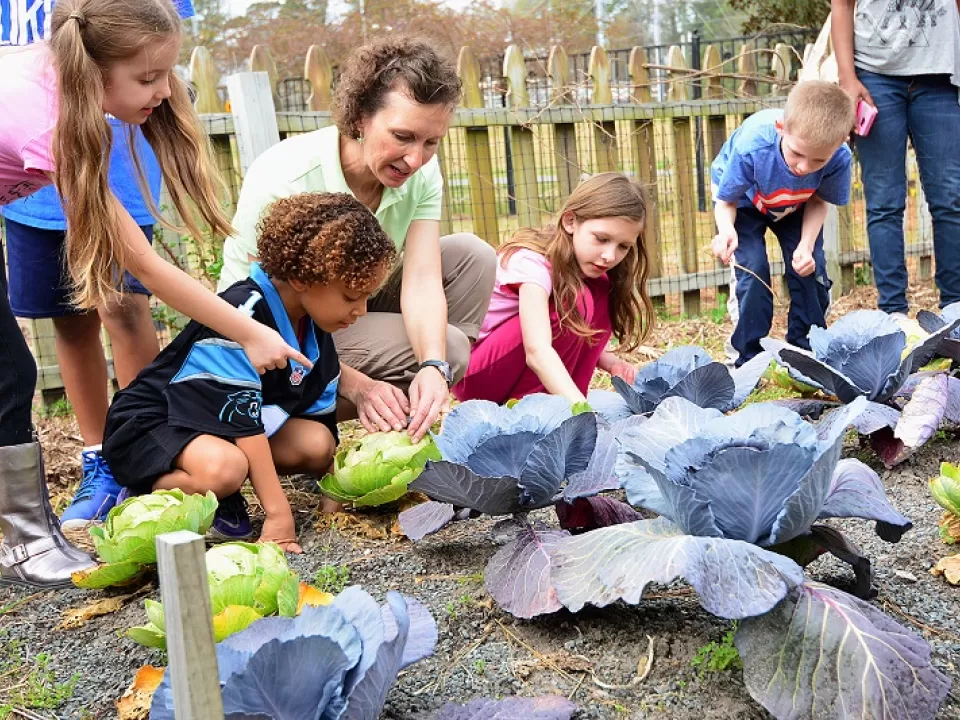
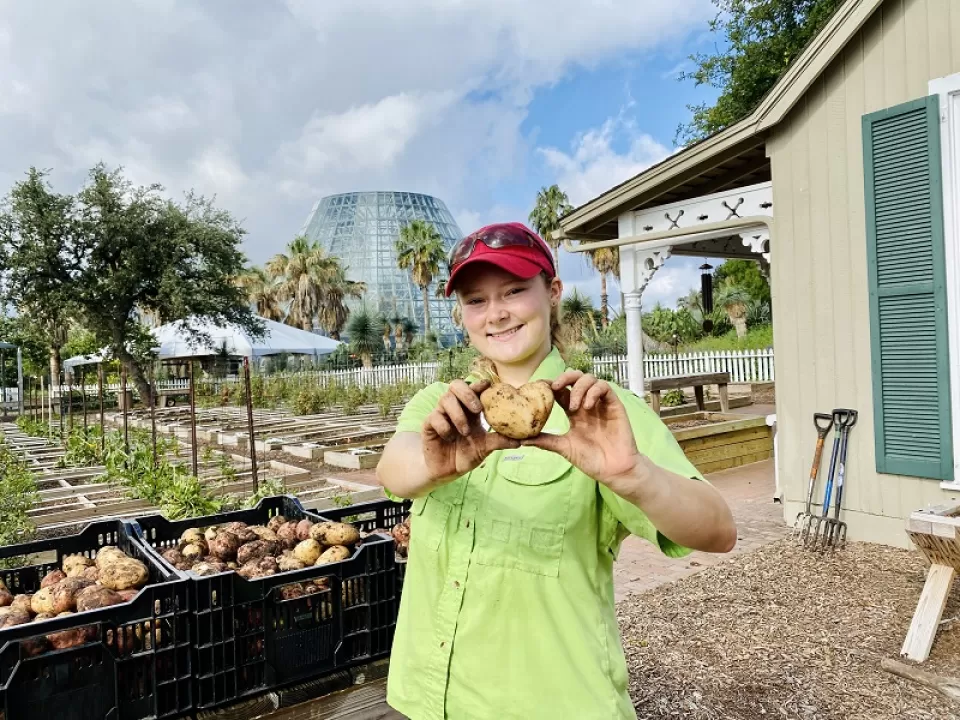
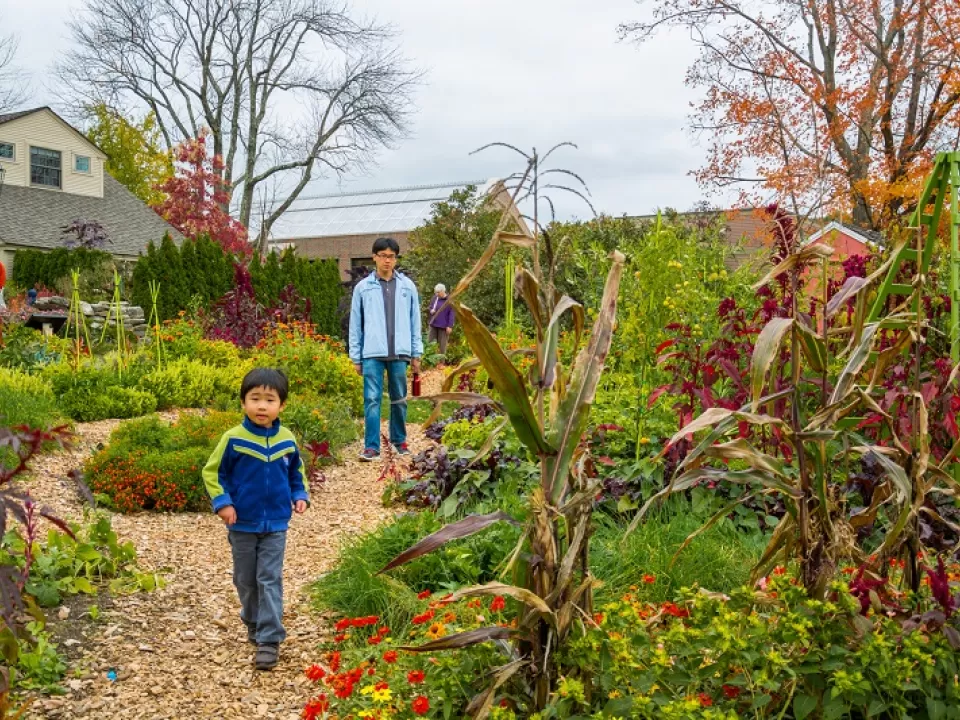
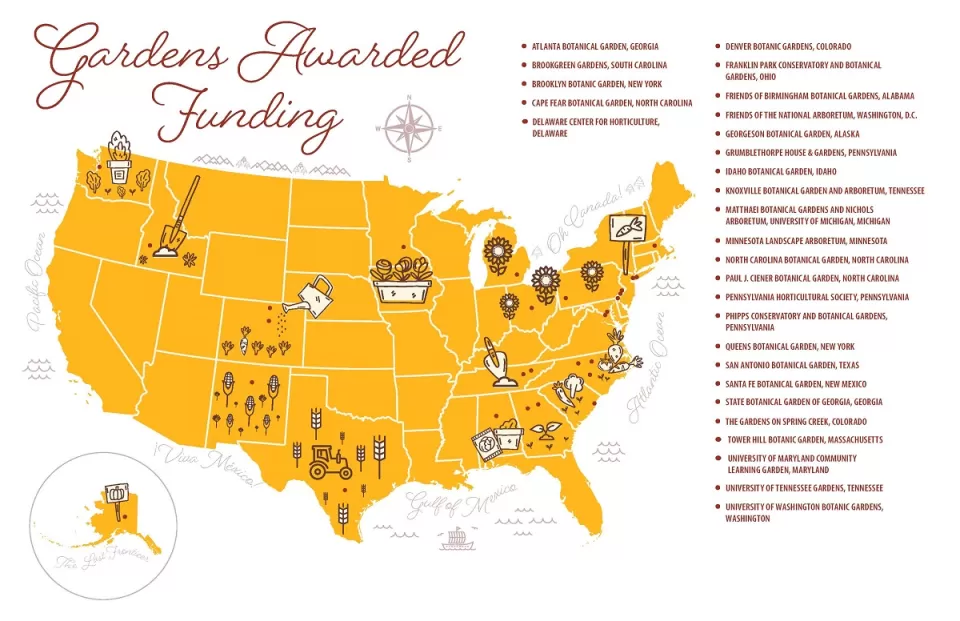

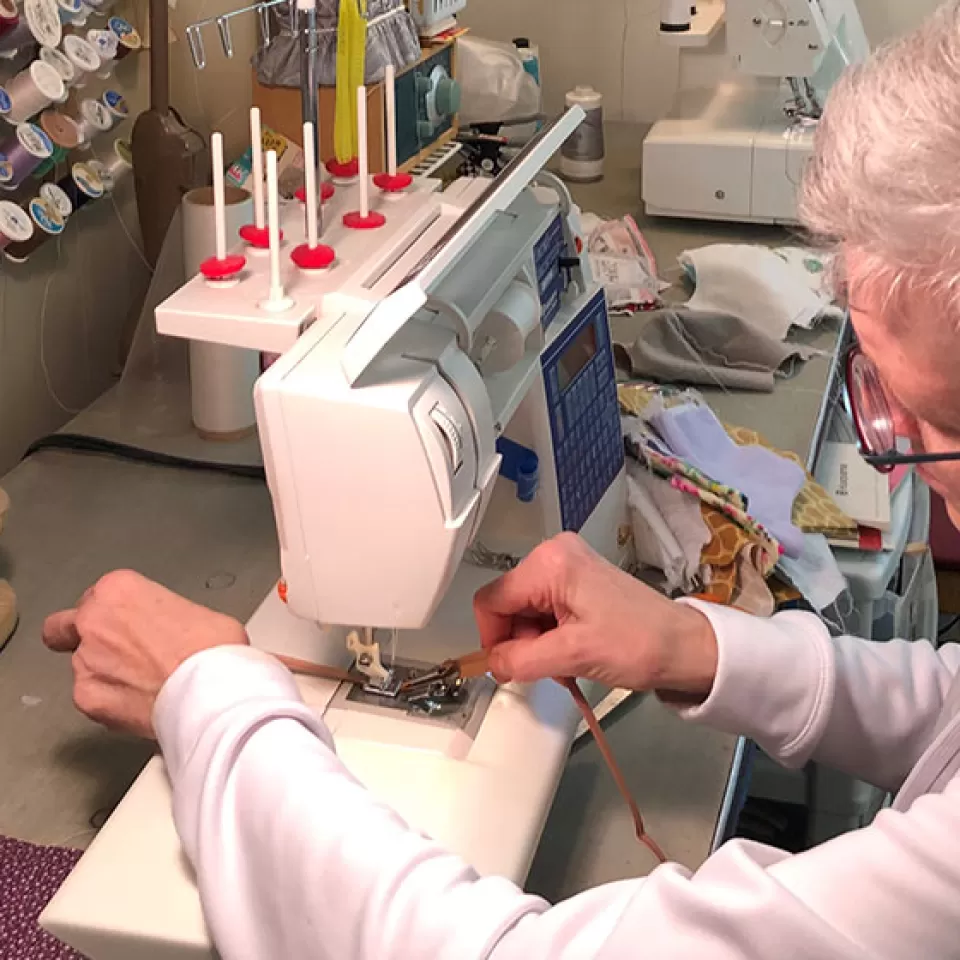
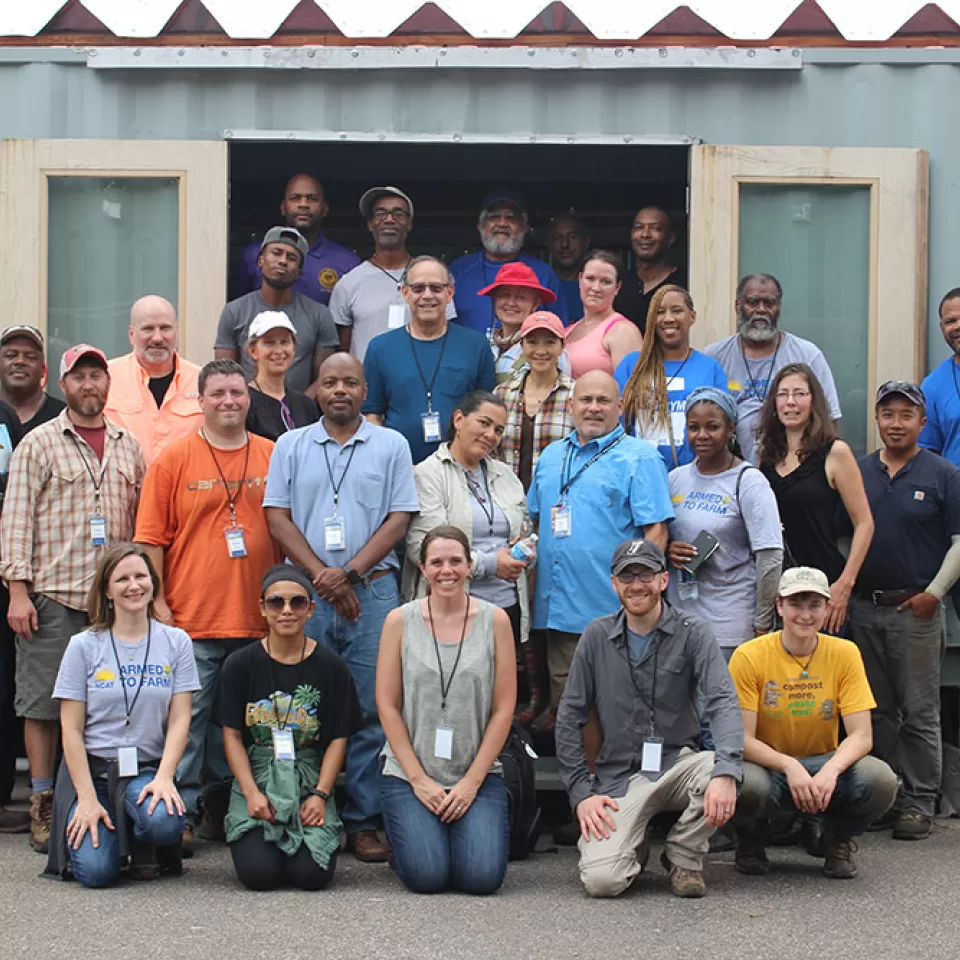
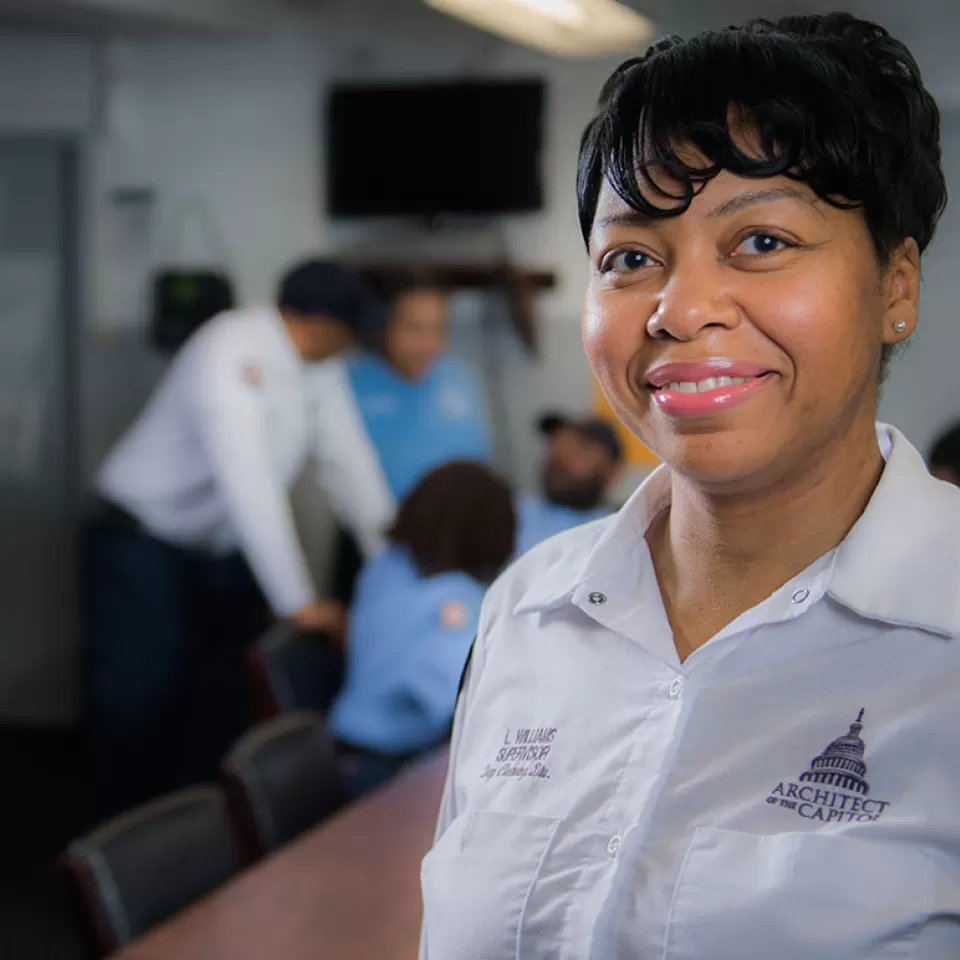
Add new comment